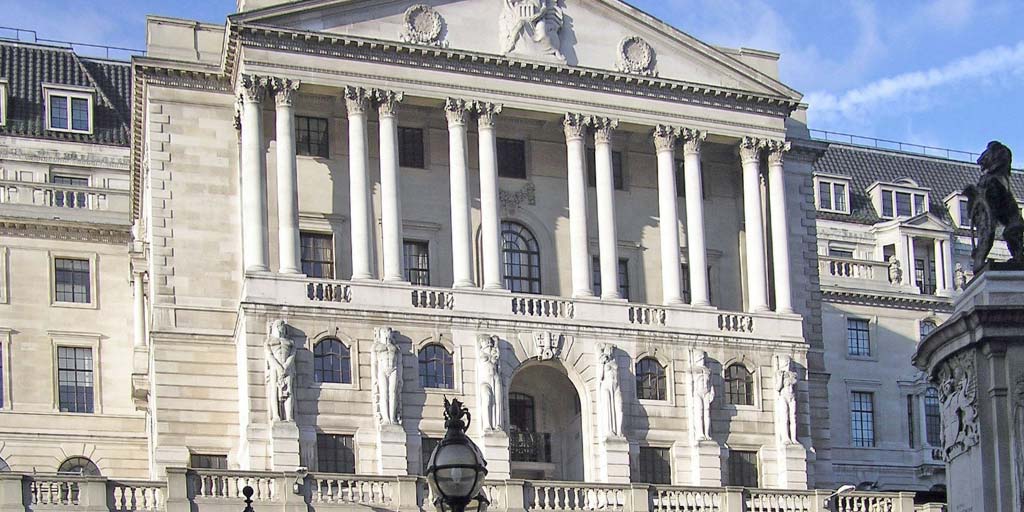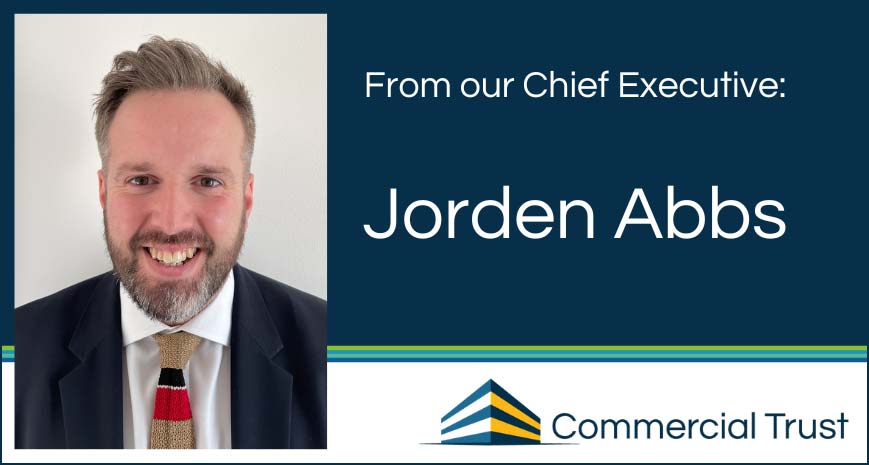This information should not be interpreted as financial, tax or legal advice. Mortgage and loan rates are subject to change.

Category: base rate
The Bank of England’s Monetary Policy Committee (MPC) met today and have voted to hold the Base Rate at 5%.
This comes after a 0.25% reduction in the August vote, when June inflation had reached the 2% target.
Debate around the vote had been back and forth, but with various economic factors influencing this outcome, a hold was the unpopular, but more likely result expected by many.
What impacted the Base Rate decision?
The Bank of England (BoE) is targeted to keep inflation at 2%. In June 2024 this target was hit, after an extended period of elevated inflation, which peaked back in October 2022 at 11.1%.
However, the public were warned in June that inflation was set to rise from the 2% target to 2.75% later in 2024, and the July announcement did indeed show a modest rise to 2.2% (albeit a smaller rise than the 2.4% the BoE expected).
The July outcome resulted in messages from the MPC that the public should not expect any dramatic or fast reductions in the Base Rate. This would simply fuel an already worsening position.
The latest inflation announcement was released just before the Base Rate on 18th of September, and is a key influencing factor. Whilst there was good news on inflation, which has held at 2.2% in August, core inflation had gone up to 3.6% from 3.3% in July.
Core inflation is important to the Bank of England, because it excludes more changeable metrics like food and energy prices. So in the words of Grant Fitzner, chief economist for the Office for National Statistics (ONS), whilst inflation remains stable because “various price fluctuations offset each other”, the increase in core inflation may have been influential in the decision to hold the Base Rate.
The influence of employment statistics on the vote
Since the August cut in the Base Rate, there has been good news for employment and unemployment statistics.
Similarly, levels of economic inactivity (people who are not employed and have not been looking for employment in the last four weeks and/or people who cannot start work within the upcoming two weeks) have increased.
Whilst this all sounds positive, unfortunately the downside is that public spending increases, which puts upward pressure on inflation.
Also to be considered, economic growth
The Office for National Statistics reported that UK economic growth stalled again in July, with monthly real Gross Domestic Product (GDP) showing no growth, following the same outcome in June.
This is normally a factor that can influence a reduction in the Base Rate, in order to stimulate activity. But, the BoE have a very difficult balance to achieve. Any stimulation in activity could have a knock-on impact on inflation, which they need to guard against.
This time around we have a rate hold on our hands, but for property investors who had been hoping for a drop to bring about lower mortgage interest rates, it may not be all bad news…
The Base Rate may not hold good news, but…
Commercial Trust’s Chief Executive, Jorden Abbs, shared this messaged to landlords and property investors, when it comes to mortgage interest rates:
Whilst the Base Rate has not fallen again in September, this is absolutely the right time of year to keep in close contact with your mortgage broker and, regardless of this vote, there are already some excellent sub-3 percent rates available.
Some lenders have an economic year that echoes the calendar year, and as December approaches any of them behind on targets may drop rates to increase their lending volumes.
This is a trend we have seen over the years and I don’t expect this year to be any different this autumn. So if you are buying or remortgaging soon, make sure your broker knows about your plans, just in case a suitable lender is one of the few who may choose to change their rates.
The next Base Rate announcement is on 7th November 2024. With a bigger gap in-between votes, the outcome may be different, time will tell.


